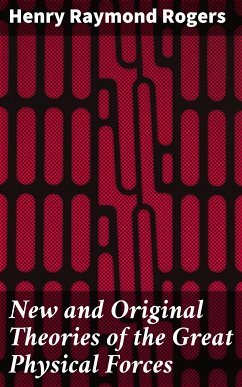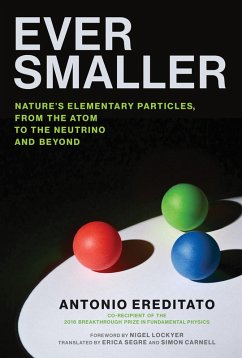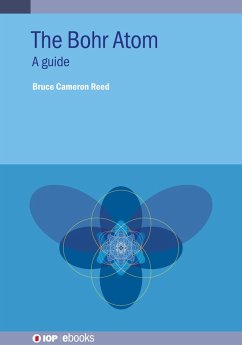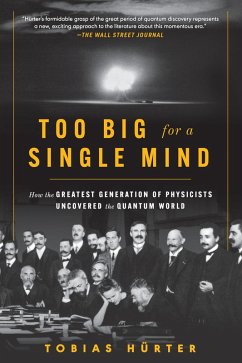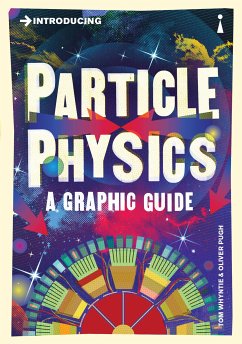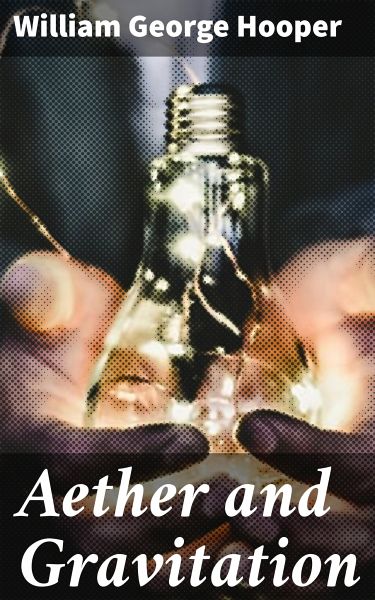
Aether and Gravitation (eBook, ePUB)
Enriched edition. Exploring Aether's Influence on Gravity: A Thought-Provoking Blend of Science and Philosophy
Kommentar: Walsh, Danielle / Redaktion: Good Press
Versandkostenfrei!
Sofort per Download lieferbar
2,49 €
inkl. MwSt.
Weitere Ausgaben:

PAYBACK Punkte
0 °P sammeln!
In "Aether and Gravitation," William George Hooper delves into the intricate relationship between gravitational forces and the underlying aether theories that once dominated 19th-century physics. Utilizing a combination of empirical observations and theoretical exploration, Hooper articulates a complex yet engaging narrative that challenges prevailing notions of gravitation while invoking the classical scientific debates of his time. His literary style is marked by clarity and precision, laden with philosophical undertones that provoke critical reflection on the nature of physical realities, p...
In "Aether and Gravitation," William George Hooper delves into the intricate relationship between gravitational forces and the underlying aether theories that once dominated 19th-century physics. Utilizing a combination of empirical observations and theoretical exploration, Hooper articulates a complex yet engaging narrative that challenges prevailing notions of gravitation while invoking the classical scientific debates of his time. His literary style is marked by clarity and precision, laden with philosophical undertones that provoke critical reflection on the nature of physical realities, positioning the work at the intersection of science and metaphysics. William George Hooper, a lesser-known figure in the scientific community, was deeply influenced by the revolutionary ideas of his contemporaries, including those of Einstein and Newton. His rigorous academic background in physics and philosophy fostered a keen interest in the unresolved questions surrounding the aether concept which propelled his inquiry into gravitational theory. Through extensive research and a passion for uncovering the nuances of physical phenomena, Hooper emerged as an advocate for reevaluating established scientific paradigms, which inspired the themes present in this text. Readers intrigued by the evolution of modern physics should not overlook "Aether and Gravitation." Hooper's work invites an inquisitive exploration of foundational concepts that have shaped our understanding of the universe. This book serves not only as a historical exploration but as a thought-provoking platform for contemporary discussions, making it essential for scholars and enthusiasts alike. In this enriched edition, we have carefully created added value for your reading experience: - Hand-picked Memorable Quotes shine a spotlight on moments of literary brilliance. - Interactive footnotes clarify unusual references, historical allusions, and archaic phrases for an effortless, more informed read.
Dieser Download kann aus rechtlichen Gründen nur mit Rechnungsadresse in A, B, BG, CY, CZ, D, DK, EW, E, FIN, F, GR, H, IRL, I, LT, L, LR, M, NL, PL, P, R, S, SLO, SK ausgeliefert werden.




